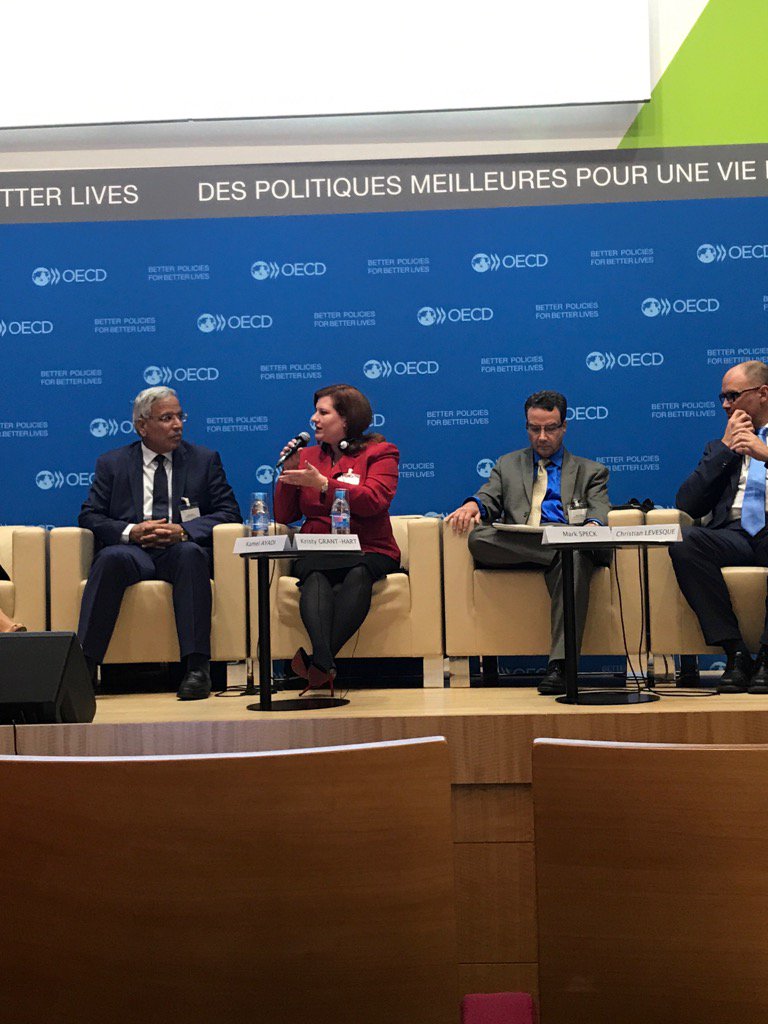"We Won't Give Up" (OECD Blog)
/“We won’t give up,” said Drago Kos, Chair of the OECD Working Group on Bribery. We won’t give up, he repeated. Even though several countries that have signed the OECD Convention on Combating Bribery of Foreign Public Officials haven’t yet enforced their anti-bribery laws through a prosecution? Even though some countries still won’t sign onto a treaty that binds parties to implement laws banning bribery of foreign officials? Even though every year there are yet more corporate scandals and fines? No, he said, we won’t give up.
Yesterday I was in Paris chairing a panel discussion on ISO 37001 at the Ethic Intelligence Standard and Guidelines in Anti-Corruption Compliance at the OECD Conference Center. The best and brightest minds in international anti-corruption, including numerous high-level government officials and ministers, came together along with CCOs and law firm leaders to discuss the intersection of the public sector, private enterprise, government and Non-Governmental Organizations with respect to bribery. What can we do to foster dialogue? How can we work better together? And most of all, why is this problem so pervasive?
The effects of bribery became startling clear in a parade of shocking statistics. The African Union estimates that 25% of the GDP of African states, amounting to US $148 billion, is lost to corruption every year. The World Bank estimates that 20% to 40% of official development assistance is stolen through high-level corruption from public budgets in developing countries and hidden overseas. That leads to higher infant mortality rates, projects that never get completed, and an increase in the price of goods and services to people in emerging markets that are often 33% higher than they would otherwise be.
But what about in the U.S. and Europe? Corporate compliance has developed most strongly in the U.S. and the EU states; yet most enforcement actions are brought against companies from these very places for actions taken on their behalf in the developing world. Drago Kos said, “Everything that happens abroad echoes in the country [it came from].” We who work far from the victims of corporate criminality feel its echo, and that is why we work so hard each day to stop it.
It wasn’t all bad news. The introduction of the French law on anti-bribery, which requires larger companies in France to implement compliance programs, was top-of-mind for many attendees. The focus on compliance globally is strengthening, not waning, and the new ISO 37001 Standard was lauded by attendees as a step-forward in the internationalization of anti-bribery measures. Several governments and public agencies are in the process of obtaining ISO 37001 certification, as well as multi-national companies.
The phrase, “We will not give up,” stayed with me throughout the day. We in the corporate compliance community have a critical role to play. It’s so easy to see ourselves as performing our roles in a vacuum, or to see them as insignificant in the world. But together with governments, enforcement agencies and NGOs, we in the corporate compliance community will not give up.







